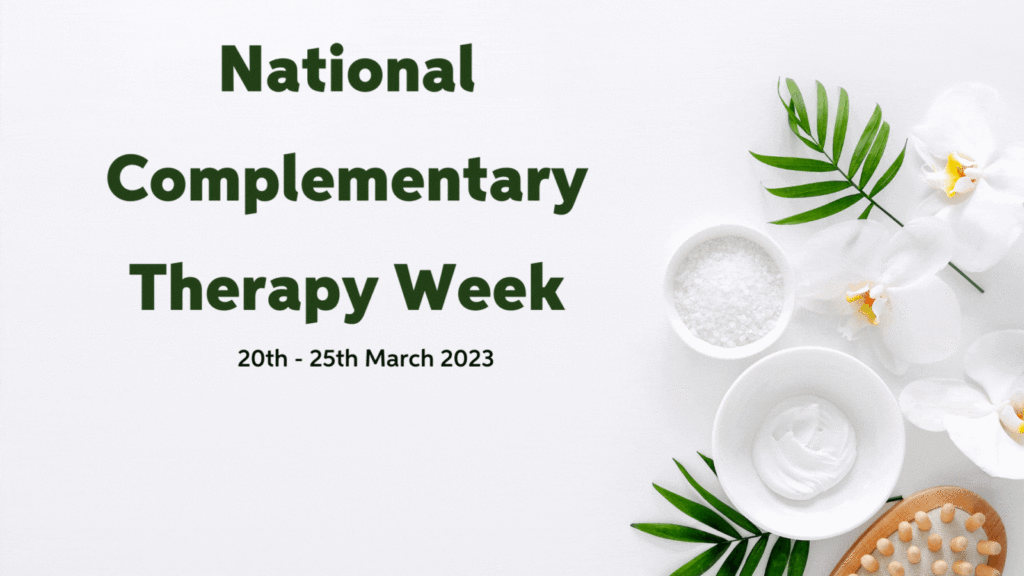Written to celebrate National Complementary Therapy Week. This was a week long campaign where we celebrated across our Singing Dragon social channels for 5 days. Each day we showcased an area of our publishing to help you familiarise yourself with the range of titles we have.

Complementary Therapies provide a plethora of patients with help every day, and with there being such a range of therapies available, there is something to suit everyone. We publish in the areas of Chinese Medicine (Acupuncture, clinical diagnosis, Qigong), Aromatherapy, Bodywork, Yoga Therapy, Ayurveda and herbs, Nutrition & lifestyle medicine and more! Our aim is to provide students, practitioners and the public with evidence based books in these areas across a range of topics.
Below is an example of this, in which we combine the topic of Chinese Medicine and skin diseases. Written by Sabine Schmitz (author of the first TCM Dermatology handbook series to be written by a Western Chinese Medicine practitioner), this excerpt shares how Chinese Medicine can effectively help with skin diseases. Sabine specialises in writing books on skin diseases and her two books Treating Psoriasis with Chinese Herbal Medicine (2020) and Treating Acne and Rosacea with Chinese Herbal Medicine (2022) can be found on our website.
Eczema: How Chinese medicine can effectively help with skin diseases
Sabine Schmitz
Did you know that skin diseases are the fourth most common of all human diseases.[1] It is estimated that they affect between 30% and 70% of individuals[2] at any given time.[3][4] Let’s take a look at skin conditions like eczema, for example: A recent study found that 5.5% of the European population suffers from atopic dermatitis or eczema, making it the second most prevalent skin condition in Europe. This data is relatively fresh. However, I dare say these trends of complex skin diseases are on the rise – at least this is what I observe in my own dermatological TCM practice day by day. Without a doubt, we are living in fast-paced times; writing this in 2023, the world has changed so much during the last few years. Take the pandemic or the rising cost of living, for example. There is more strain on our health, both physical and mental. In practice, I see patients get increasingly tense, stressed or anxious depending on their personality type. They either develop new skin symptoms or, quite often, old processes flare up and worsen. Not only are these chronic skin conditions often difficult to treat but they also seriously affect patients’ quality of life on multiple levels. Their burden is often underestimated, despite the visibility of their condition. Skin diseases that are rarely life-threatening or physically handicapping are thought not to pose much of a problem for those that experience them. For those that
have lived with the consequences of skin disease, however, it is obvious that the effects are more than skin deep. Eczema is a very good example of this.
Stop for a minute and imagine: you have had eczema since early childhood. Ever since you’ve been conscious of it, you have been mourning for your ‘normal’ appearance. Your skin feels painful, your whole body is itching and on top of that you often feel stigmatised because of your skin condition. All your life you have had the experience that Western dermatologists are sometimes unhelpful or dismissive. You are told, “It’s only a cosmetic disorder”, “It has no debilitating effects”, or “You just have to live with it”. Unfortunately, these utterances capture neither the severity nor the complexity of your experience. In a society where there is so much emphasis on looks and appearance, there seems to be little attention paid to feelings and the challenges you face day by day. And the same thing happens each time. The standard treatment will be given, a pure symptom-related treatment without targeting the root cause: corticosteroids (cortisone). In the best case only externally, in the worst case as an internal application, which of course can bring considerable side effects.[1]
That’s exactly the story I keep hearing over and over again. And after a certain point many patients become frustrated, perhaps because of the way they are being treated and/or the treatment results from conventional medicine, which are either unsatisfying or just not long-lasting. This is what causes them to look for alternative treatment options for their disease, which are gentler and most of all effective.
My aim is to break this vicious cycle: I really think that our wonderful medicine is needed more than ever! TCM, with all its possibilities, can help many, if not most patients with complex skin conditions, eczema in particular. And this is exactly what my mission is, to help patients for a better life!
We hope you enjoyed this written piece from Sabine Schmitz. Be sure to follow us on all our social channels to find out more about the books we publish.
Twitter – https://twitter.com/Singing_Dragon_
Instagram – https://www.instagram.com/singingdragonbooks/
Facebook – https://www.facebook.com/SingingDragon
TikTok – https://www.tiktok.com/@singingdragonbooks
[1] Flohr, C. and Hay, R.: Putting the burden of skin diseases on the global map. British Journal of Dermatology, 184 (2021): p. 189-190.
[2] Hay, Roderick J. et al.: “The global burden of skin disease in 2010: an analysis of the prevalence and impact of skin conditions.” The Journal of Investigative Dermatology, Vol. 134,6 (2014): 1527-1534.
[3] Richard, M., Paul, C., Nijsten, T., Gisondi, P., Salavastru, C., Taieb, C., Trakatelli, M., Puig, L., Stratigos, A.: Prevalence of most common skin diseases in Europe: a population-based study. J Eur Acad Dermatol Venereol, 36 (2022): p. 1088-1096.
[4] Other prevalent conditions include fungal skin infections (8.9%) and acne (5.4%).
[5] Yasir M., Goyal A., Sonthalia S.: Corticosteroid Adverse Effects. StatPearls Publishing (Treasure Island, FL); Updated 2022 Jul 4. Available from: https://www.ncbi.nlm.nih.gov/books/NBK531462/.